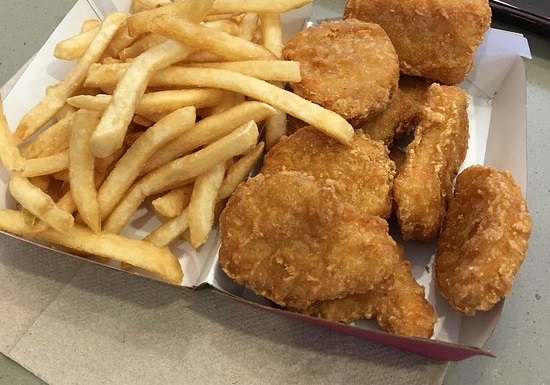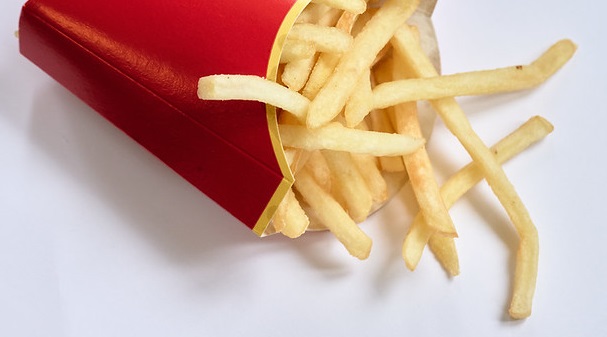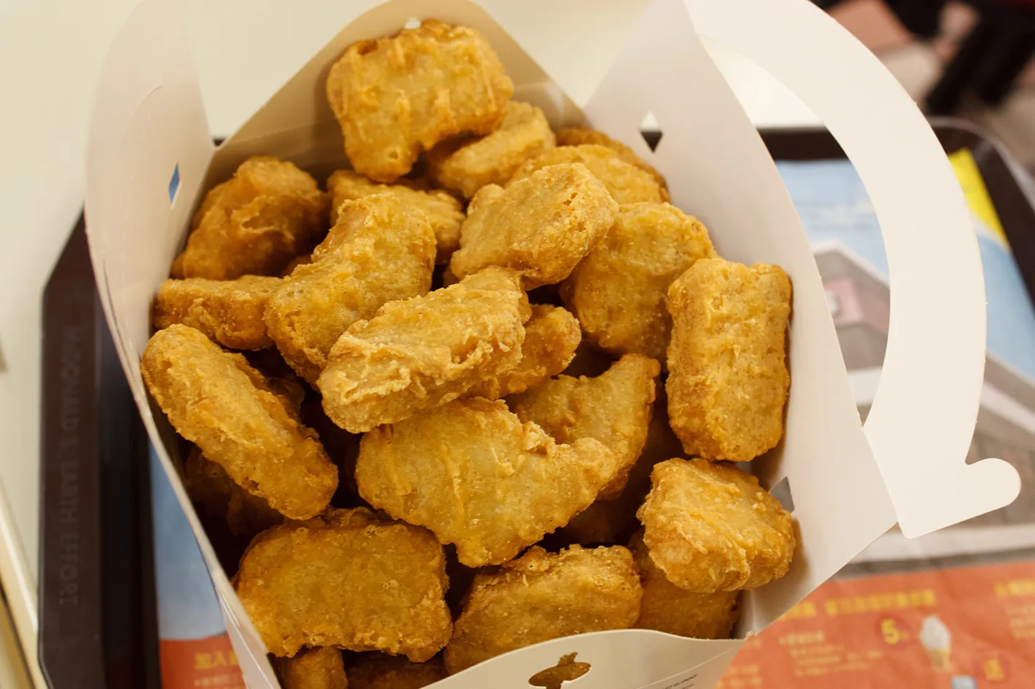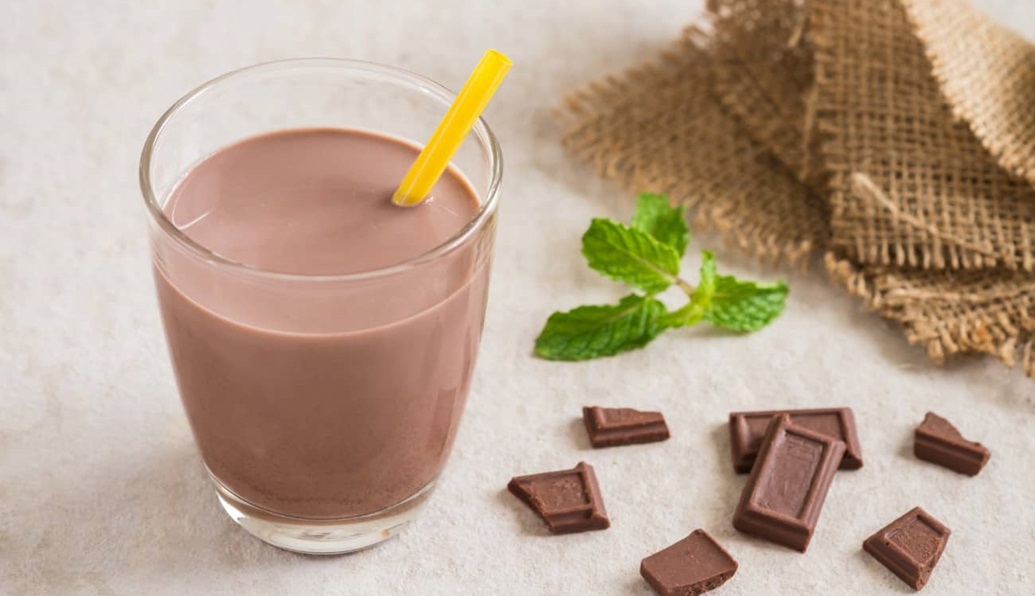Is McDonald’s Good for Bulking?
When it comes to bulking, many people wonder if fast food, particularly McDonald’s, can be a viable option.
While the general perception is that fast food is unhealthy and detrimental to fitness goals, the truth is more nuanced.
McDonald’s can be incorporated into a bulking diet, but whether it is “good” depends on the approach, goals, and nutritional strategy.
Understanding Bulking
Bulking is a phase in bodybuilding or strength training where the goal is to gain weight, primarily in the form of muscle mass.
This is achieved by consuming a caloric surplus, meaning one eats more calories than they burn. Bulking typically falls into two categories:
Clean Bulking: This involves consuming nutrient-dense, whole foods that provide the necessary macronutrients and micronutrients while minimizing fat gain.
Dirty Bulking: This is a more relaxed approach, where individuals consume high-calorie foods, often without concern for their nutritional quality. The goal is to gain weight as quickly as possible.
McDonald’s, known for its high-calorie, high-fat, and processed meals, can fit into a bulking plan depending on which approach one takes.
Can You Eat McDonald’s and Still Gain Muscle?
Yes, you can eat McDonald’s and still gain muscle, as long as you maintain a caloric surplus with adequate protein intake and follow a structured resistance training program. However, there are pros and cons to incorporating McDonald’s into your bulking diet.
Pros of Eating McDonald’s for Bulking
High-Calorie Meals
Bulking requires consuming more calories than you burn, and McDonald’s meals are calorie-dense, making it easy to reach your caloric goals.
Convenience and Availability
McDonald’s is easily accessible, making it a convenient option for those who struggle with meal prepping or cooking at home.
High Protein Options
Some McDonald’s menu items contain a decent amount of protein, which is essential for muscle growth. Options like grilled chicken sandwiches, burgers, and egg-based breakfast items provide protein for muscle repair and growth.
Fast Digestion
The high-fat and processed nature of McDonald’s food can lead to faster digestion, which may help those who struggle to consume large amounts of food during bulking phases.
Cons of Eating McDonald’s for Bulking
Poor Nutritional Quality
Many McDonald’s meals are high in unhealthy fats, refined carbohydrates, and sodium while lacking essential micronutrients.
Higher Fat Gain Potential
Because McDonald’s meals are high in calories but often lack fiber and healthy fats, excessive consumption may lead to an unfavorable muscle-to-fat gain ratio.
Blood Sugar Spikes
Many McDonald’s items contain refined sugars and processed carbohydrates, which can cause rapid spikes and crashes in blood sugar levels, potentially affecting energy levels and insulin sensitivity.
Potential Digestive Issues
The high-fat content and lack of fiber in many McDonald’s meals may lead to digestive discomfort, bloating, and sluggishness.
Best McDonald’s Options for Bulking
If you choose to incorporate McDonald’s into your bulking diet, selecting the right menu items is crucial to optimize muscle gain while minimizing unnecessary fat accumulation.
High-Protein Options
- Double Quarter Pounder with Cheese: 740 calories, 53g protein
- McDouble: 400 calories, 22g protein
- Grilled Chicken Sandwich: 420 calories, 37g protein
- Egg McMuffin: 300 calories, 17g protein
- Bacon, Egg & Cheese Biscuit: 450 calories, 18g protein
Higher-Calorie Options for Hard Gainers
- Big Mac: 550 calories, 25g protein
- Large Fries: 510 calories, 6g protein
- McFlurry (M&M or Oreo): 640 calories, 14g protein
- 20-Piece Chicken McNuggets: 890 calories, 53g protein
How to Incorporate McDonald’s into a Bulking Diet
If you are serious about gaining muscle but still want to enjoy McDonald’s, follow these guidelines:
Prioritize Protein Intake
Ensure you are meeting your daily protein requirement (1.2–2.2g of protein per kilogram of body weight) by choosing high-protein menu items and supplementing with lean protein sources when possible.
Monitor Total Calories
Track your daily caloric intake to avoid excessive fat gain. While bulking requires a surplus, consuming too many empty calories can lead to unnecessary fat accumulation.
Balance with Nutrient-Dense Foods
Don’t rely solely on McDonald’s. Incorporate whole foods such as lean meats, eggs, whole grains, fruits, and vegetables to ensure you receive essential vitamins and minerals.
Time Your Meals Properly
Eating high-calorie, fast-digesting meals post-workout can be beneficial for replenishing glycogen stores and promoting muscle growth.
Stay Hydrated
Many fast-food items are high in sodium, which can lead to water retention and dehydration. Drink plenty of water to maintain proper hydration.
Dirty Bulking: What It Is and Why It’s Controversial
Dirty bulking refers to consuming excessive calories from high-calorie, processed, and often unhealthy foods without much regard for nutritional quality. The goal is rapid weight gain, but this often results in excessive fat accumulation alongside muscle gain.
Pros of Dirty Bulking
- Rapid Weight Gain: Helps individuals who struggle to gain weight increase mass quickly.
- Less Restriction: Allows for indulgence in high-calorie foods without strict dietary rules.
- Easier Caloric Surplus: Since junk food is calorie-dense, reaching high-caloric goals is simpler.
Cons of Dirty Bulking
- Excess Fat Gain: Leads to unnecessary fat accumulation, requiring an extended cutting phase.
- Health Risks: Increased risk of high cholesterol, insulin resistance, and cardiovascular issues.
- Decreased Performance: Poor-quality food may lead to sluggishness, digestive discomfort, and lower energy levels.
Is McDonald’s a Good Choice for Bulking?
McDonald’s can be incorporated into a bulking diet, but it should be done strategically. While it provides high-calorie and protein-rich options, excessive consumption can lead to unwanted fat gain and health issues.
If you choose to eat McDonald’s while bulking, balance it with whole, nutrient-dense foods, track your macronutrients, and prioritize resistance training to ensure the weight gain is primarily muscle rather than fat.
Ultimately, whether McDonald’s is “good” for bulking depends on your overall approach. If used in moderation as part of a structured diet, it can be a convenient and effective tool.
However, relying on it excessively, especially in a dirty bulking approach, may lead to suboptimal results and potential health risks.
The key is to find a balance that aligns with your fitness goals while maintaining a healthy and sustainable diet.





